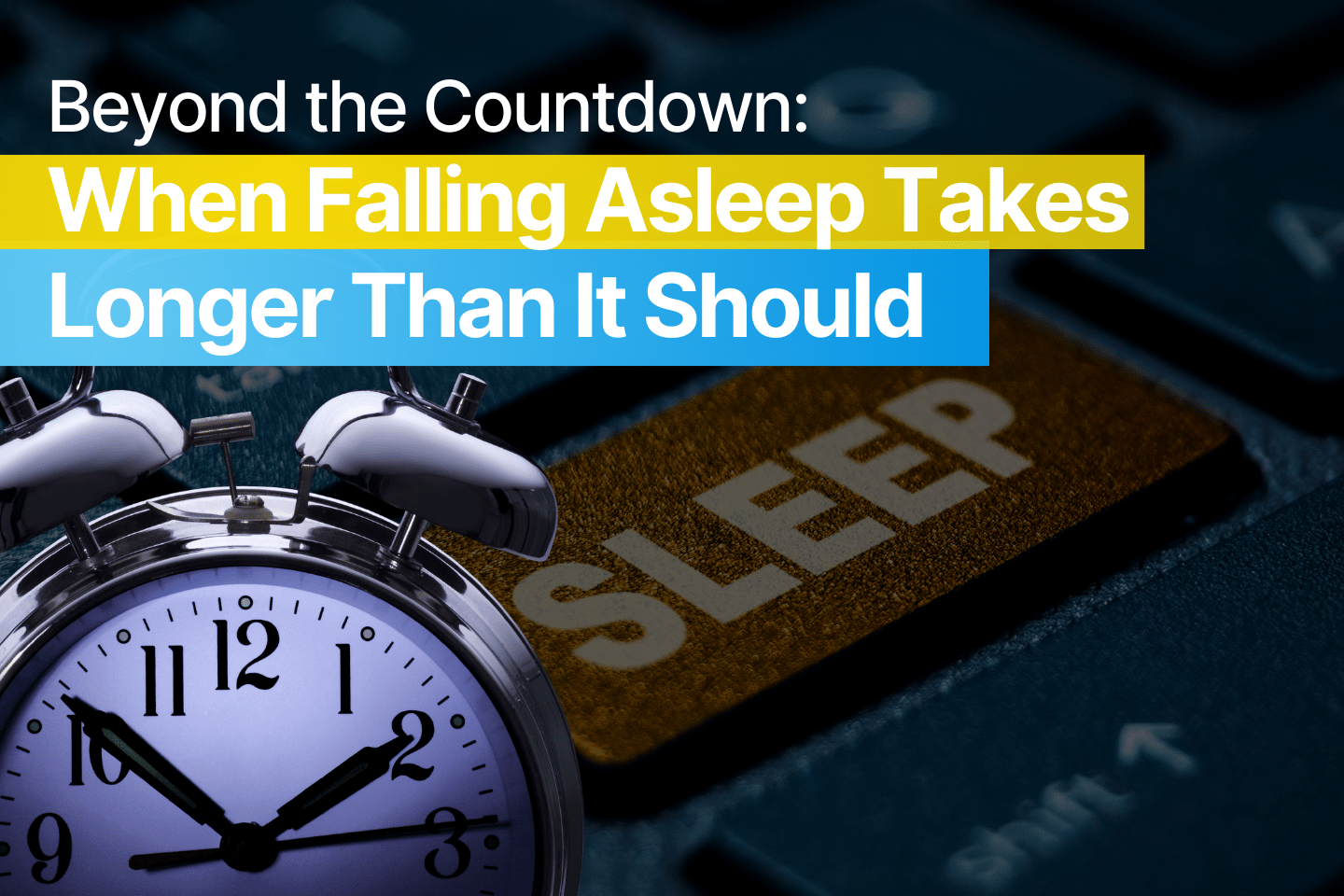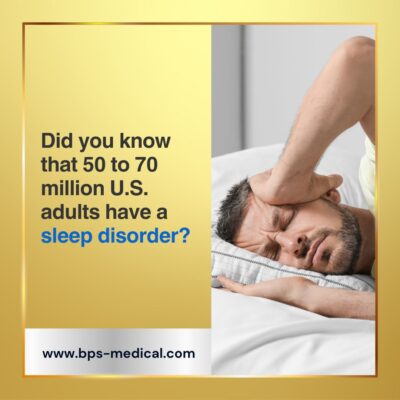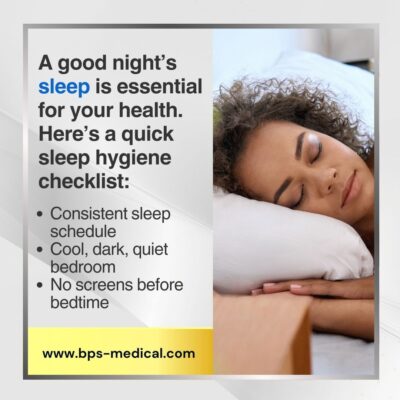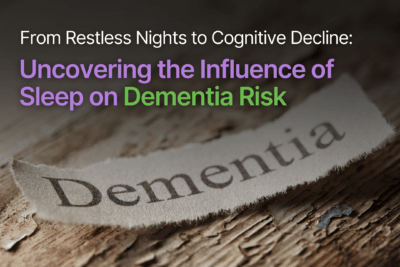
Home » Did you know that the time it takes to fall asleep affects sleep quality?
How long does it take you to fall asleep is an important factor in your sleep quality.
How long does it take you to fall asleep? It may be a sign of deeper sleep issues. According to Sleep Centers of Middle Tennessee, the average person takes 10 to 20 minutes to fall asleep; taking longer than 30 minutes may be abnormal. Some reasons why you may be facing difficulty when trying to fall asleep can include an underlying sleep disorder, poor sleep hygiene, an inconsistent sleeping schedule, and more.
Understanding the delicate dance of slipping into slumber is pivotal to appreciating the intricacies of sleep quality. Falling asleep might seem like a simple transition, but it clearly indicates your overall sleep health and hygiene. Stress, lifestyle choices, and pre-bedtime activities contribute tremendously to this nightly pilgrimage to the dream realm.
The Ideal Slumber Window
The portal to quality sleep opens within a specific timeframe. Research from the Sleep Centers of Middle Tennessee highlights that the average person takes 10 to 20 minutes to fall asleep. This duration, commonly called the “sleep onset latency,” is a crucial parameter that professionals use to assess sleep quality. It is the Goldilocks zone of sleep – not too quick or slow.
What Happens When You Fall Asleep Too Quickly
Surprisingly, falling asleep immediately upon lying down could be cause for concern. A rapid onset of sleepiness may suggest a lack of adequate rest or a build-up of sleep deficit. It seems your body is trying to catch up on some much-needed rest, but this type of sleep may not always be the most rejuvenating.
The Concerns of Prolonged Sleep Latency
If it consistently takes you longer than 30 minutes to fall asleep, it could indicate sleep disorders like insomnia or delayed sleep phase syndrome. It could also indicate a potential issue with sleep hygiene – a set of habits that may not promote quality sleep – or an irregular sleep schedule.










